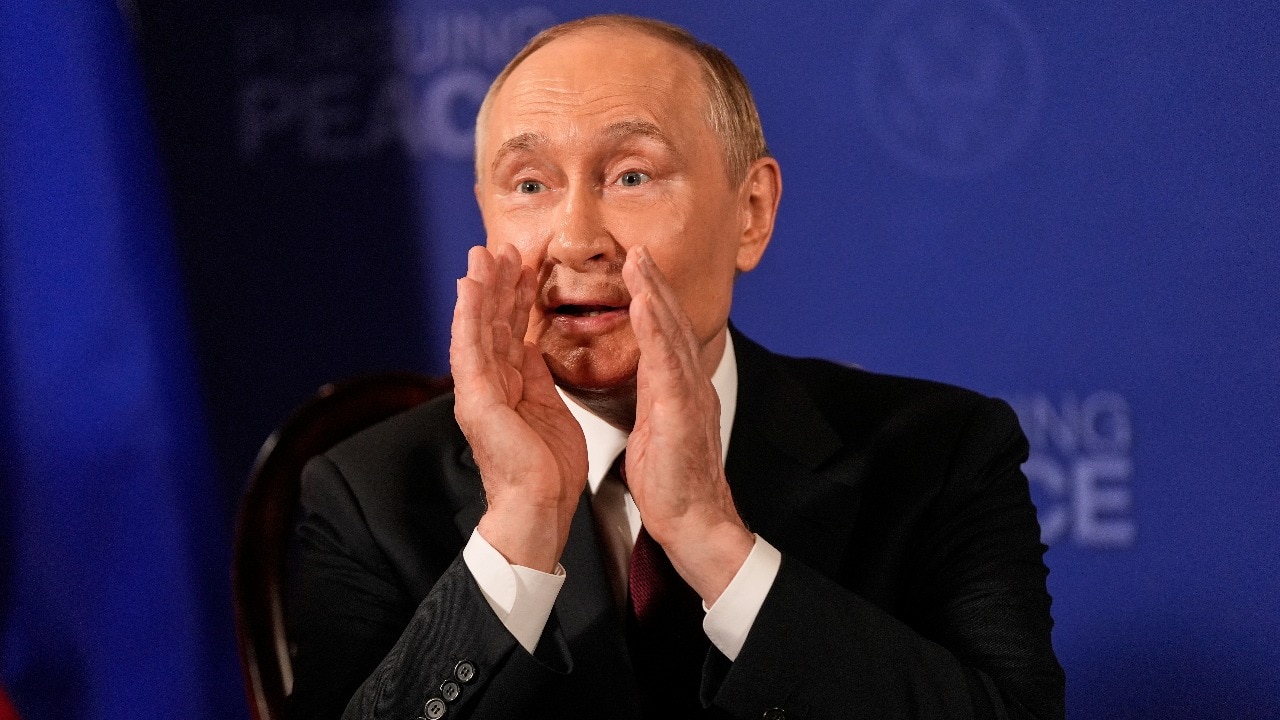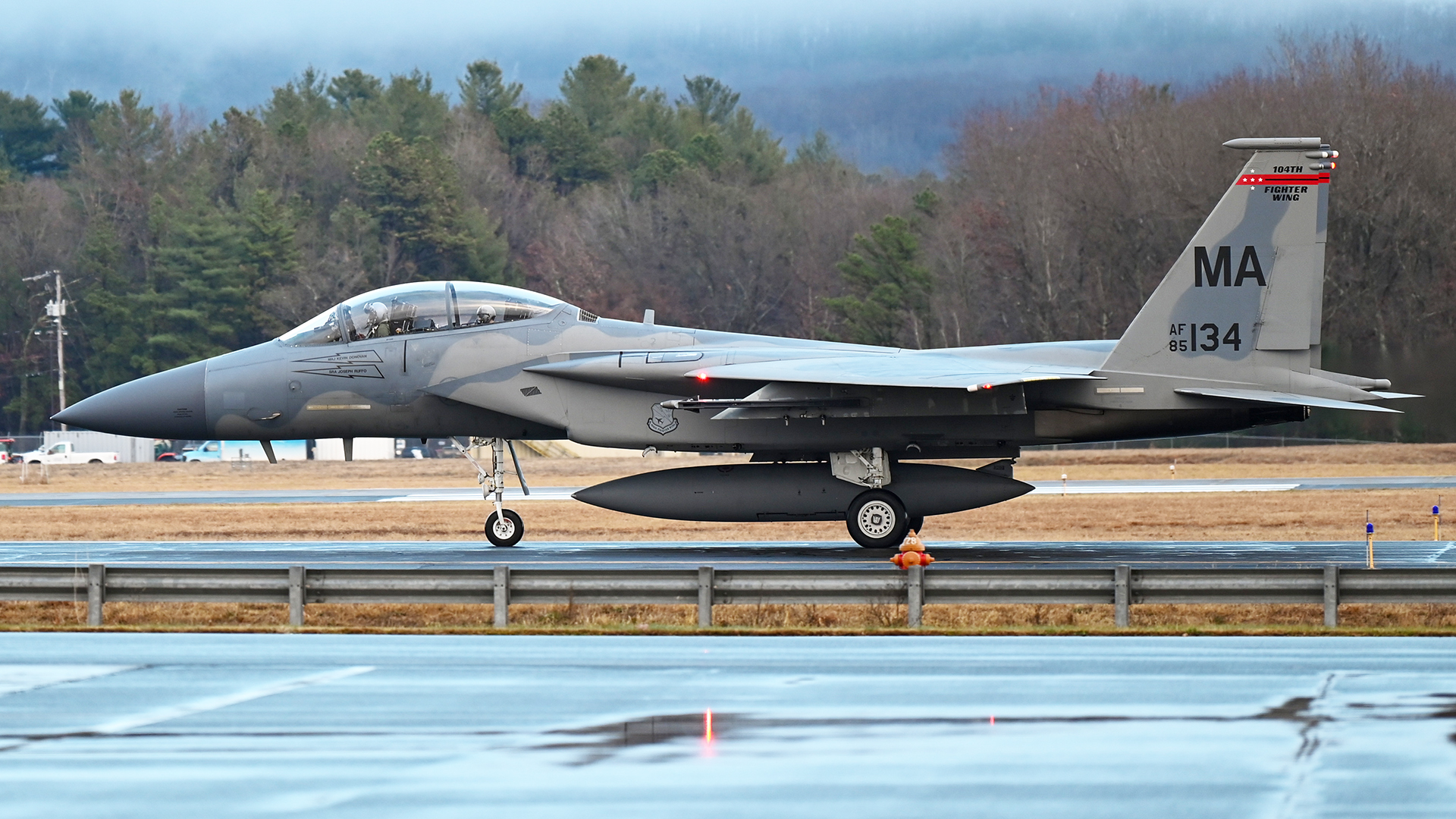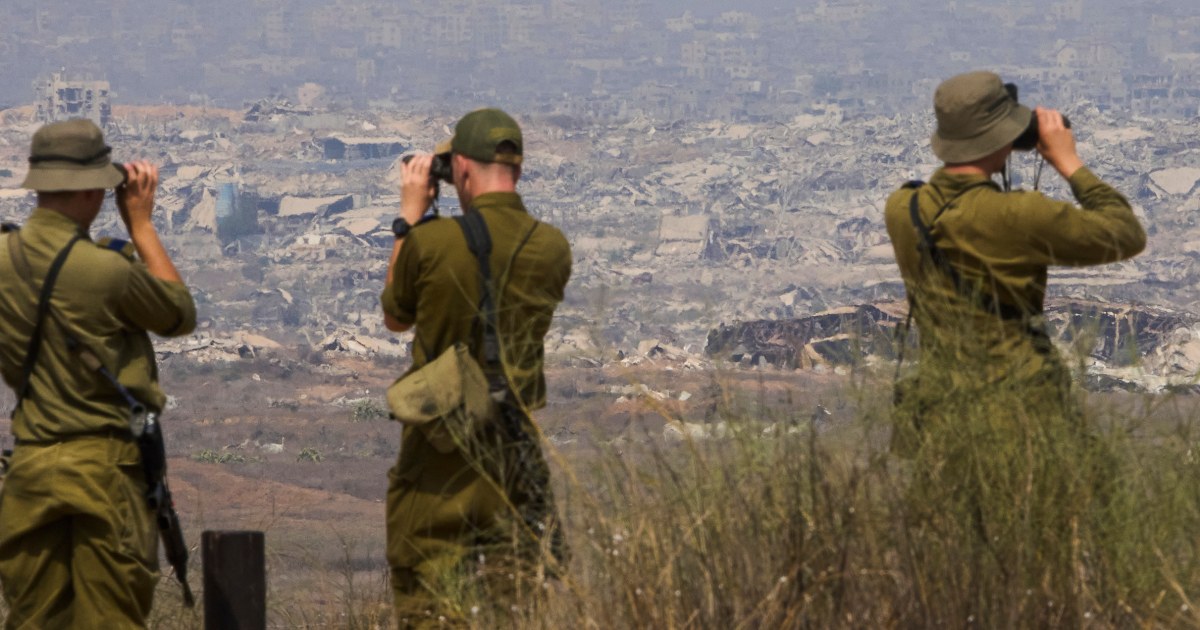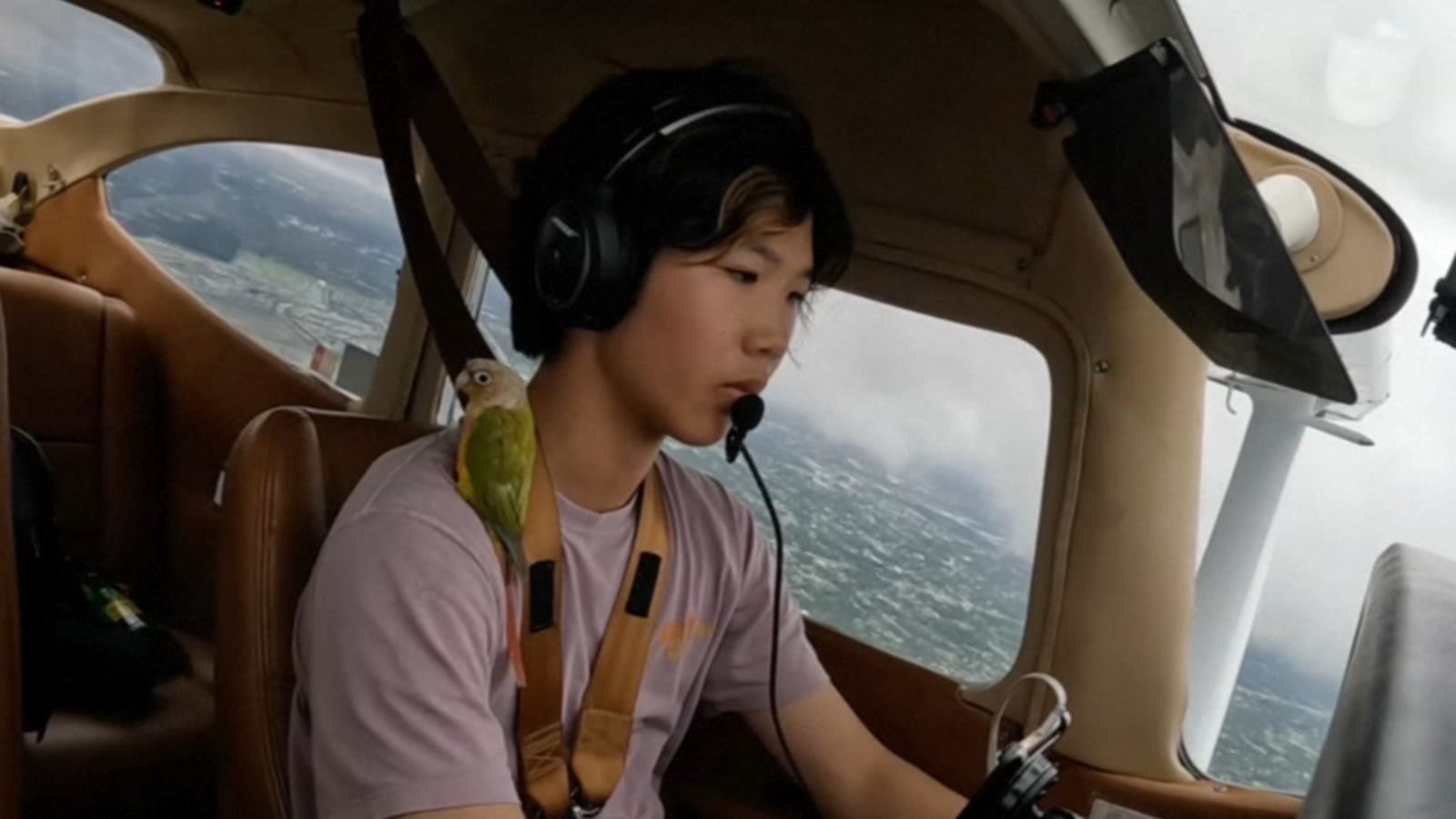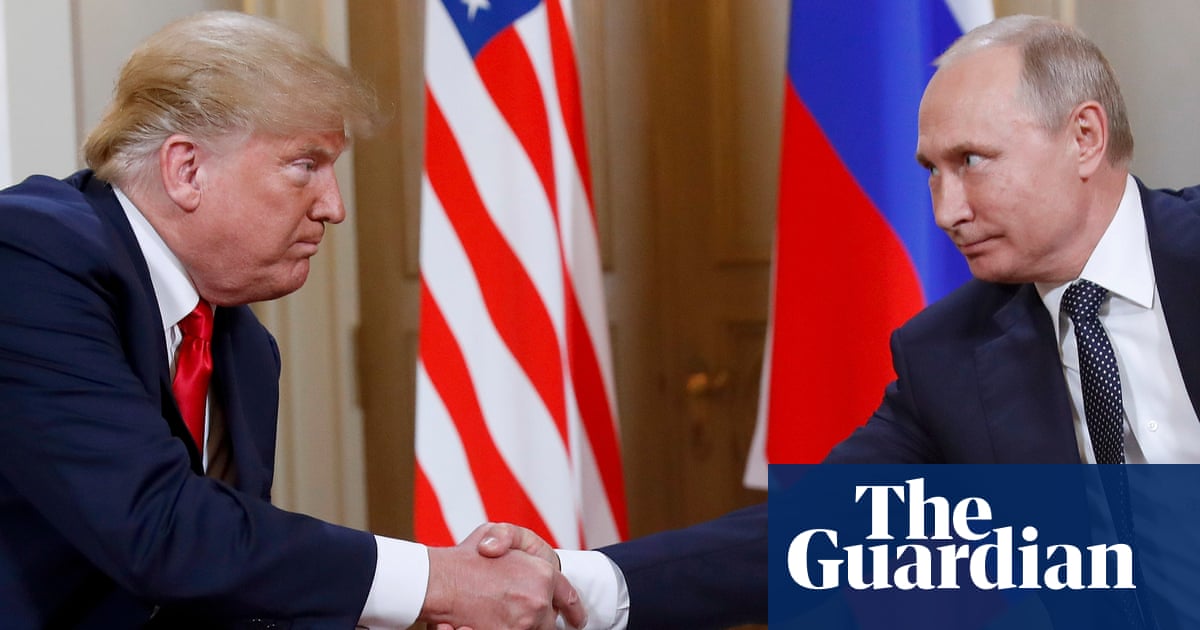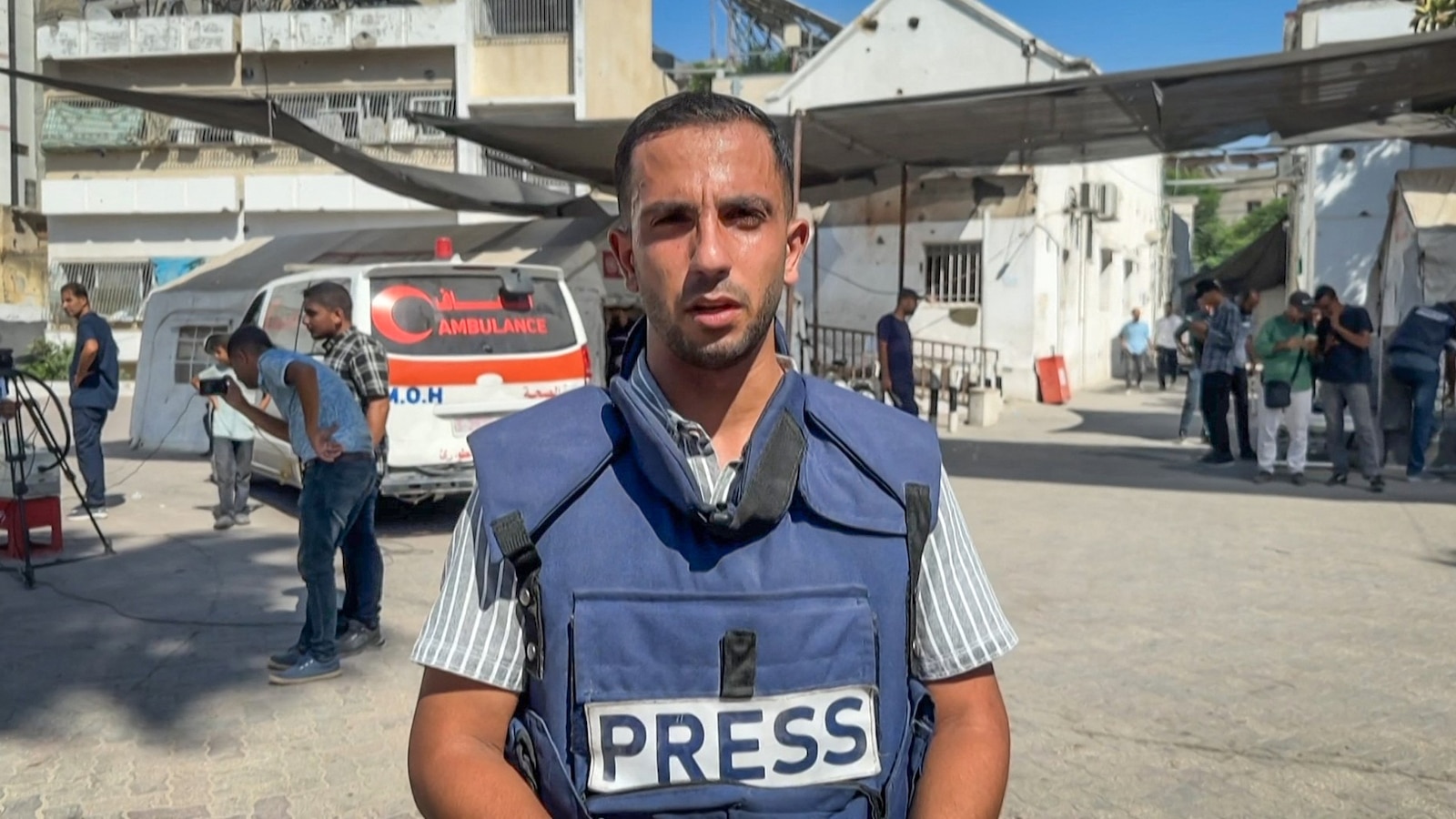Escalating Tensions: India Responds to Pahalgam Terror Attack and Pakistani Ceasefire Violations

In a significant escalation of tensions between India and Pakistan, the Indian Army has reported multiple ceasefire violations by the Pakistan Army across various sectors along the Line of Control (LoC) and the international border in Jammu. These military confrontations follow the recent Pahalgam terror attack on April 22, which tragically claimed the lives of 26 individuals. An official statement from the Indian Army accused Pakistani troops of engaging in unprovoked small arms fire in these regions, asserting, “The Indian Army responded promptly and proportionately.”
In response to the deteriorating situation, the United Nations Security Council (UNSC) is scheduled to hold “closed consultations” on Monday. This meeting was convened at the request of Pakistan, a non-permanent member of the council, to discuss the rising tensions with India following the Pahalgam attack. Greece, currently holding the presidency of the UNSC for the month of May, has welcomed this opportunity, viewing it as a potential means to alleviate tensions between the two nuclear-armed neighbors. Notably, Pakistan will assume the presidency of the UNSC in July, following the rotating presidency norm.
The federal government of Pakistan, along with its military, conducted a briefing session on Sunday for all political parties regarding the ongoing bilateral relations with India. This meeting was attended virtually by members of the Pakistan Tehreek-i-Insaf party, led by jailed former prime minister Imran Khan. Reports indicate that all political factions present committed to a unified and strong response should India engage in any perceived “misadventure.”
In light of the recent attack, high-level military discussions were undertaken in India. Air Chief Marshal AP Singh, the chief of the Indian Air Force, met with Prime Minister Narendra Modi on Sunday to update him on the force’s operational readiness in anticipation of India's potential response to the Pahalgam attack. Additionally, former IAF chief Air Chief Marshal Fali Homi Major suggested that both Air Chief Marshal Singh and Navy Chief Admiral Dinesh K Tripathi briefed PM Modi on the state of readiness to counter any threats from Pakistan.
Defence Minister Rajnath Singh emphasized the government’s commitment to national security while addressing an event, stating, “As a defence minister, it is my responsibility to ensure the security of the country's borders along with my soldiers. It is my responsibility to give a befitting reply to those who dare to attack our country.” His remarks underline the serious tone with which India is approaching this latest round of hostilities.
Furthermore, the Indian government has initiated one of its retaliatory measures by suspending the Indus Waters Treaty, significantly impacting water flow to Pakistan. According to reports, India has ceased water flow from the Baglihar dam on the Chenab River and is planning to decrease runoff from the Kishanganga project on the Jhelum River. This action aligns with the government’s stance of denying Pakistan “a single drop” of water from the Indus rivers.
In a broader strategic context, it has been revealed that the current National Democratic Alliance (NDA) government is in the preliminary stages of planning to generate approximately 12 gigawatts (GW) of additional hydropower from new projects on the Indus rivers, with feasibility studies being ordered to assess these initiatives.
On the commercial front, India has heightened its customs department's alertness to prevent any attempts by Pakistan to access Indian markets. This development follows Pakistan’s decision to halt all direct and indirect imports from India. Consequently, goods from third-party countries, such as the UAE and Singapore, are expected to be closely monitored for compliance with import regulations.
In a related move, the Indian government has also blocked the X accounts (formerly Twitter) of several prominent Pakistani figures, including former Prime Minister Imran Khan and ex-minister Bilawal Bhutto. This action follows earlier measures that saw the Instagram accounts of various Pakistani actors, including Hania Amir, Mahira Khan, and Ali Zafar, also being blocked in India.













